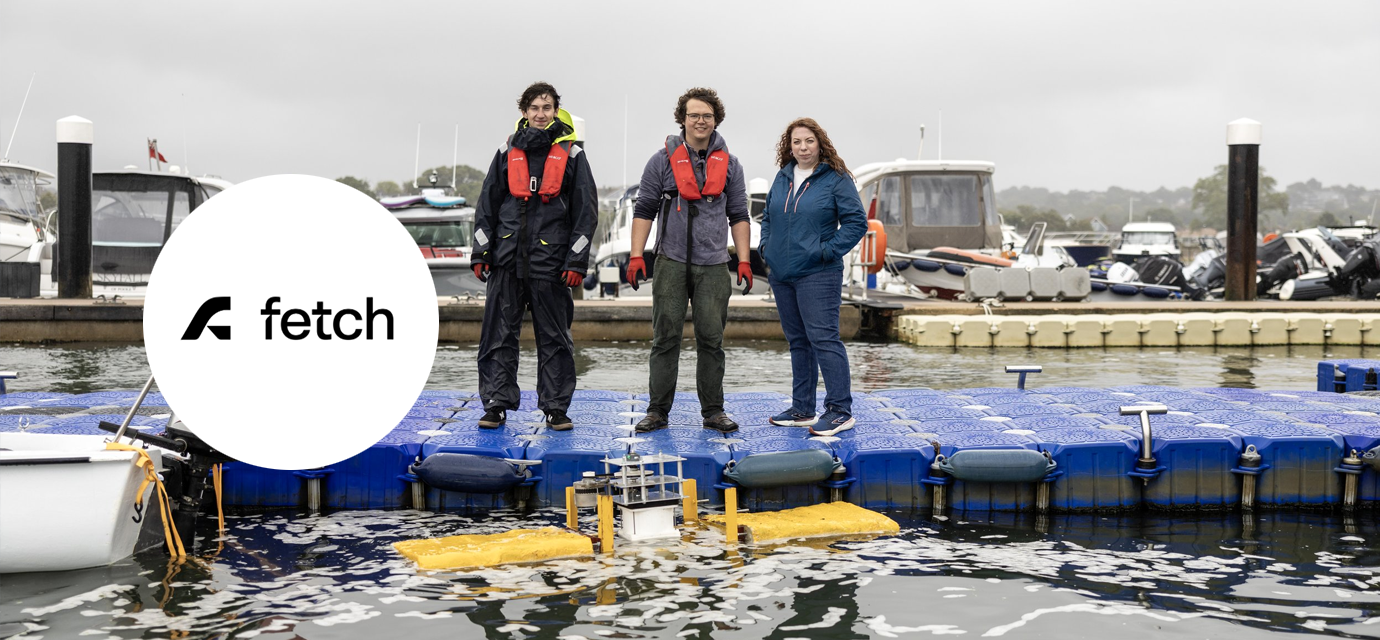The UK's climatetech sector is experiencing unprecedented growth, with Carbon13's portfolio of companies demonstrating precisely why investors should take notice.
Carbon13 has invested in 84 innovative carbon emissions-mitigating startups since 2021, which have a current market value of £140 million, and are collectively working towards 500 million tonnes of emissions reduction by 2040.
These companies represent more than just promising technologies. They embody the transformative potential of climate innovation in addressing the most urgent environmental challenges whilst offering compelling returns potential for investors.
Jupiter Lex Ltd stands at the forefront of a rapidly expanding market. Jupiter Lex empowers legal professionals with AI-driven ESG litigation solutions, using cutting-edge artificial intelligence to scan massive datasets and identify high-quality potential cases tailored to legal practices. With climate litigation growing exponentially, from local communities to major shareholders, Jupiter Lex serves case discovery, plaintiff platforms, and case building at a scale that was previously impossible.

The company's technology addresses a critical gap in environmental accountability. ESG litigation and, more particularly, climate change litigation, is still in its infancy. However, it is certainly gathering pace and has momentum. Jupiter Lex's founders, Anahita Yousefi and Sherry Wang, are positioning the company to capture significant value from this expanding market, providing essential tools for legal professionals seeking justice in the climate space.
Demeter Bio Limited represents precisely the kind of innovation that makes climate tech so compelling for investors. The company tackles a staggering environmental problem: 92% of toxic pollutants in our wastewater come from cosmetics and pharmaceuticals. Their MelioShield technology processes black soldier flies - already proven waste consumers in industry - to create bio-based alternatives, starting with the world's first biodegradable UV filter to reach market.

Led by Rayan Osseiran and Adelya Khayrova, Demeter Bio's approach demonstrates how climate tech can address multiple environmental challenges simultaneously. Their technology not only reduces toxic waste but also creates commercially viable products that can replace environmentally harmful alternatives in massive global markets.
Fetch Energy Ltd is tackling what many consider the last great challenge in renewable energy: wave power. CEO Laura emphasises that "the beauty of our technology is its ability to scale," whilst addressing the notorious challenges that have historically plagued wave power development. Wave power is the capture of energy of wind waves to do useful work – for example, electricity generation, desalination, or pumping water.

Fetch's innovation lies in elegantly simple engineering—their technology features only one moving part, dramatically reducing maintenance challenges that have historically made wave power commercially unviable. This breakthrough approach, led by Harry Smith, positions Fetch to capitalise on an enormous untapped energy resource that could provide consistent power generation independent of weather conditions.
Temperate Ltd has identified a crucial market opportunity: 10% of global energy is spent on residential cooling. Their solution applies radiative cooling technology - the same principles used to cool satellites in space - to create cooling systems that are 20 times more efficient than conventional alternatives. With their first paid pilot signed with a real estate portfolio worth £30 billion, Temperate is positioned to capture significant market share in the rapidly growing cooling sector.

The company's timing couldn't be better. As extreme heat events become more frequent and energy costs continue rising, Temperate's breakthrough efficiency gains represent both environmental necessity and commercial opportunity.
Loop52 Ltd addresses a massive waste stream: 40 million cars are scrapped every year. The company is revolutionising circular economy principles in the automotive sector by recovering plastic from end-of-life vehicles, applying proprietary sorting techniques to process materials, and delivering recycled content back to original equipment manufacturers.

Founded by Lewis Roy Campbell and Jonathan Grey, Loop52 demonstrates how climate tech can create entirely new economic value from waste streams whilst reducing environmental impact. Their technology transforms automotive waste from a cost burden into a valuable resource, creating compelling economics for all stakeholders.
Lambda Quantech Ltd has developed the first automated leak detection and repair platform for biogas plants. The scale of the problem is staggering: biogas plants see leaks of 2.5% of the silent killer methane emissions, and when you scale that figure up across the world, that equates to the annual emissions of a country like Spain.

Jose Batista and Ehsan Danesh have already secured letters of intent and partnerships, demonstrating commercial traction for their MethaneGuard™ technology. The company's LoRaWAN IoT solution provides real-time monitoring of methane emissions, enabling energy companies to dramatically reduce their carbon footprint whilst improving operational efficiency.
Orchid Solar Limited is transforming how we capture and store solar energy. Their innovative approach uses solar mirrors to heat molten salt, storing energy at £20 per kWh without rare earth minerals. Concentrated solar power plants that use molten salt storage are drawing interest around the world, and molten salt's physical and thermal properties make it a particularly good candidate for energy storage.

Led by Parag Vyas, Orchid Solar's breakthrough enables the sun to provide energy throughout the night, addressing one of renewable energy's fundamental challenges. Their technology represents a critical advance in making renewables truly viable for baseload power generation.
GreenFlip Ltd is tackling the £630 billion gap in home retrofitting through an innovative data-driven approach. Rather than finding houses that need solutions, they identify solutions and match them with optimal properties.

Thomas Quiroga and Amandeep Kalra have secured three letters of intent and established collaborations with Octopus Energy, seeking to position GreenFlip for significant growth in 2025. Their approach demonstrates how climate tech can create new market categories whilst addressing urgent environmental challenges.
Carbon13 has selected and supported a group of extremely capable entrepreneurs to build ventures with the potential to mitigate over 400 million tonnes of CO2e per annum by 2040. The companies in their portfolio represent more than promising technologies—they embody the future of how business could operate in a net-zero world.
These startups demonstrate several key investment themes: the transformation of waste into value, the application of AI to solve environmental challenges, breakthrough approaches to energy generation and storage, and the creation of entirely new market categories. Each company is looking to address massive market opportunities whilst delivering measurable environmental impact.
The net zero economy is arguably the biggest business opportunity of the next 50 years. Carbon13's portfolio companies are positioned at the forefront of this transformation, creating solutions that aim to be essential for achieving global climate goals whilst generating compelling returns for investors.
The success of Carbon13's previous fund demonstrates the exceptional quality of climate tech innovation emerging from the UK. Their rigorous approach to building companies—combining deep technical expertise with commercial acumen—has created a portfolio of ventures that are not just environmentally necessary but commercially compelling.
For investors seeking exposure to the most innovative and impactful climate technologies, Carbon13's is making strides. Their next fund represents an opportunity to participate in the companies seeking to define the future of sustainable business whilst aiming to deliver the returns that reflect the scale of the climate challenge they're addressing.

Please note: our office hours are weekdays, 9.30am - 5.30pm.